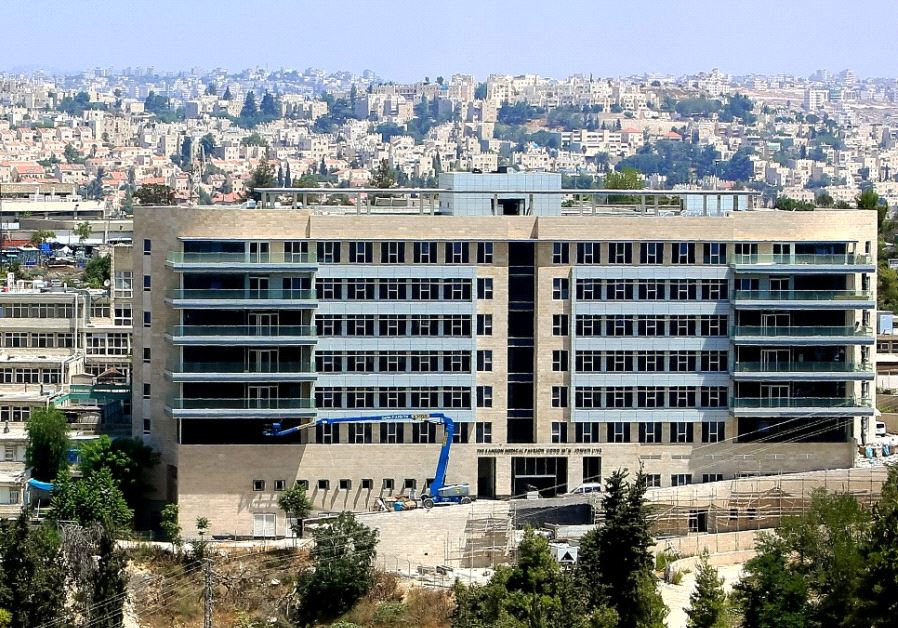Health Ministry bemoans growing geriatric needs but donates nothing
Health Ministry and Jerusalem Municipality bemoan growing need for geriatric facilities but donate nothing to new Herzog Hospital building.
 (photo credit: COURTESY OF DR YEHEZKEL CAINE/HERZOG HOSPITAL)Updated:
(photo credit: COURTESY OF DR YEHEZKEL CAINE/HERZOG HOSPITAL)Updated: